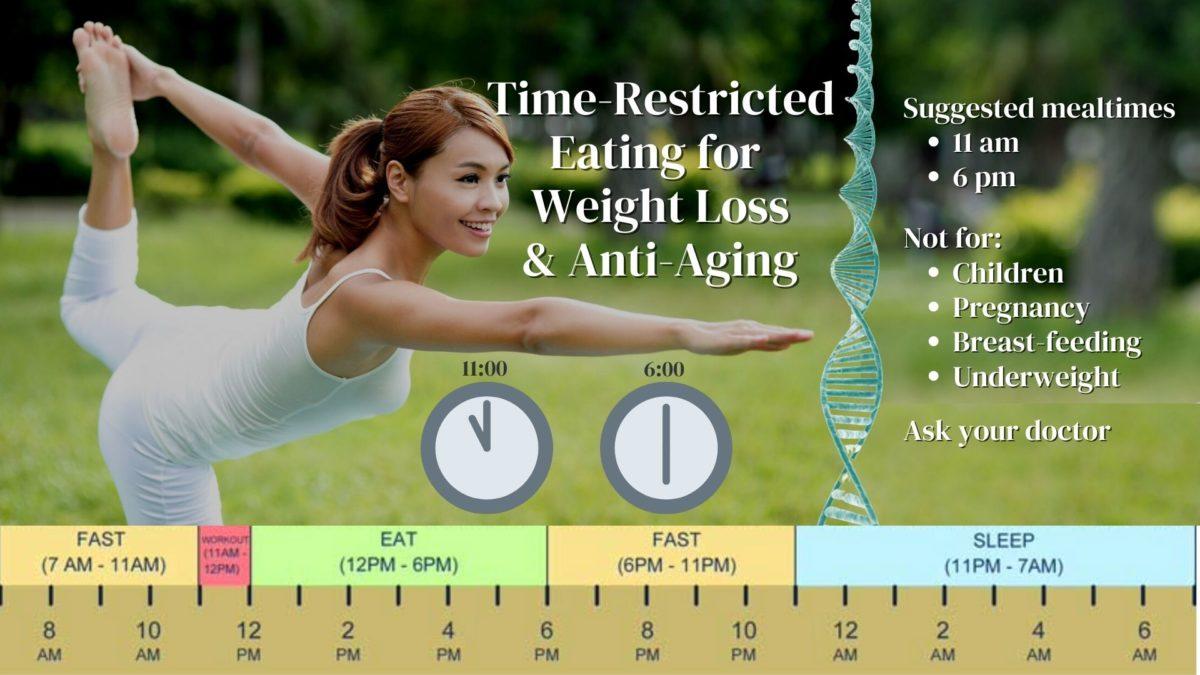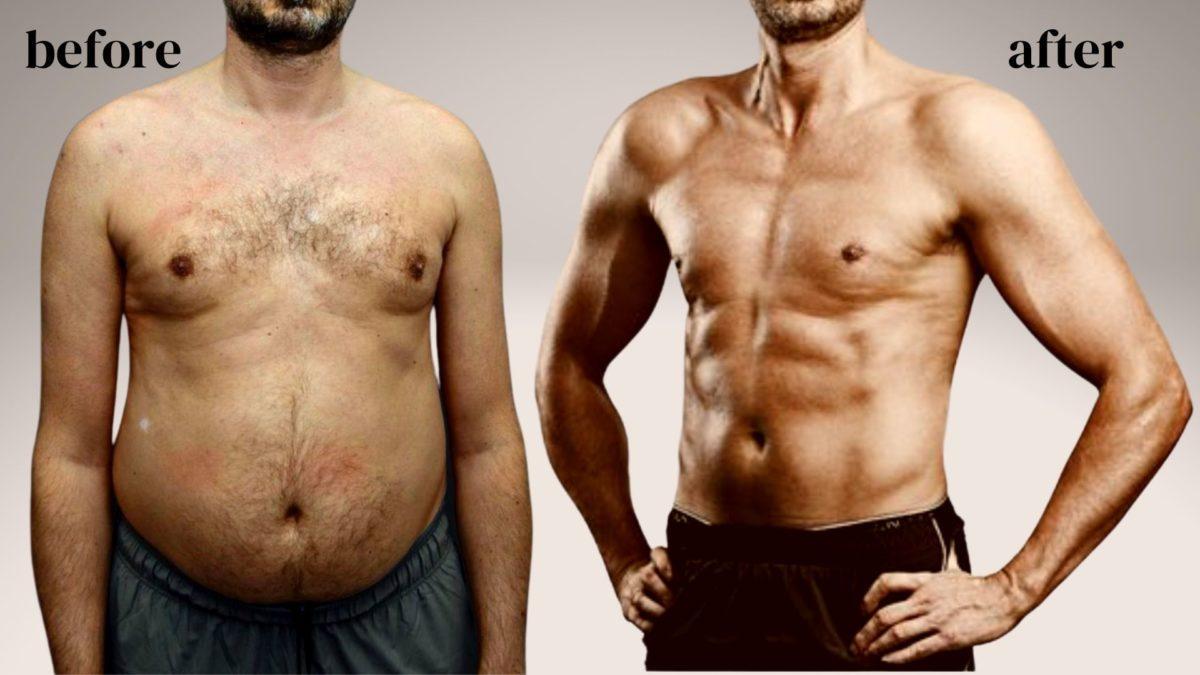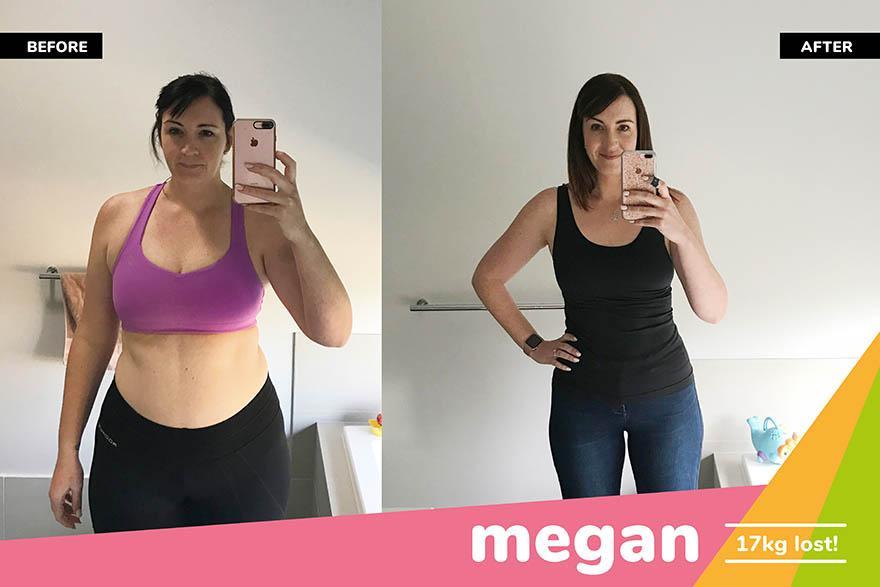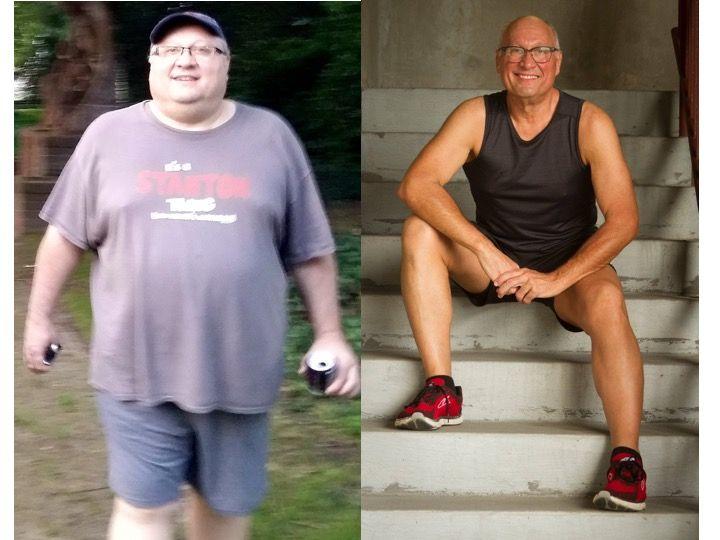
Did you know the best way to detox the body and get rid of spike proteins is through Time-Restricted-Eating? We already know WHAT you eat is important. WHEN you eat is equally important for health. Also called “Intermittent Fasting”, it boosts immunity and allows the body to detox naturally. The modern lifestyle accumulates toxins. But detox is not a complicated process. The body naturally gets rid of debris and spike proteins through a process called autophagy. The cell places unwanted material into a “garbage capsule” so it can expel it. Time-restricted-eating is not difficult to do. And it’s FREE!
When we reduce our eating window of time during the day, we allow the natural detox process to work. Time-Restricted-Eating can prevent many chronic diseases, such as Alzheimer’s, Parkinson’s, Coronary Heart Disease, and Hypertension. It slows aging, can heal diabetes, and extends our healthy lifespan. As we age, it’s important to maintain vitality and brain capacity. So, this is a very important maneuver you can do to improve your health. Check out Jason Fung’s book “The Complete Guide to Fasting”.
The fastest way to detox spike protein from the body is to combine Ivermectin with intermittent fasting, according to Dr. Mercola. THAT is why this information is critically important to humanity at this time. Do the Time Restricted Eating program herein and take your horse de-wormer. You”ll be in good shape!
The detox benefits of fasting are based on the process of “autophagy”. Autophagy recycles, processes, and removes damaged cellular components such as dysfunctional proteins, damaged DNA, and other debris. In 2016, Japanese biologist Yoshinori Ohsumi was awarded the Nobel Prize for his discoveries on how cells recycle themselves through the cellular process of autophagy. Autophagy can also work alongside other processes to remove damaged cells. This strengthens the immune system by clearing out old and damaged cells and replaces them with new, vibrant cells from their stem cell precursors.
Another benefit of autophagy is the activation and proliferation of stem cells to repopulate the cells that were removed. Stem cells regenerate tissues, organs and have deep effects on organ systems. In other words, the restorative and regenerative properties are all activated and enhanced by some type of fasting.

Dr. Mercola says it better than I can:
“While other people would think that fasting is unhealthy because it strangely looks like starvation, it actually offers you a wide array of health benefits, as long as it’s done properly. Intermittent fasting refers to limiting your food intake to a six- to eight-hour window.
While this might get some getting used to, as you’ll need to skip a meal or two, it will surely pay off with numerous health benefits. It’ll just take a whole lot of self-control and commitment into improving your health.” From Mercola’s article.
Health Benefits of Intermittent Fasting
Intermittent fasting may seem daunting, however it’s as easy as taking a late breakfast and an early dinner. Carry it out carefully and you will reap amazing long-term benefits.
- Promotes cellular regeneration. Intermittent fasting promotes cell repair and regeneration by triggering autophagy, which is a natural process needed to renew damaged cells. It helps inhibit cancerous growths and chronic disease development. This includes autophagy, where cells remove old and dysfunctional substances that build up.
- Normalizes insulin and leptin sensitivity. Insulin and leptin resistance is one of the main factors for many chronic diseases, including diabetes. Intermittent fasting shifts your body’s dependence on glucose, which then stops its constant craving for sugar, thus normalizing insulin and leptin sensitivity.
- Shifts the body to burn fat for fuel. Limiting food intake forces your body to switch to burning fat as a source of energy instead of depending on the constant flow of glucose. This may assist in weight loss and may lead to better body processes because fat is a much more efficient fuel. Short fasts actually boost your metabolism speed.
- Minimizes cravings and hunger pangs. While fasting may feel like you’re starving your body, this can actually help you avoid cravings and hunger pangs by resetting your body’s glucose dependence.
- Boosts cognitive function. Intermittent fasting improves cognitive function by providing the brain with fat instead of glucose. Studies show that intermittent fasting helps prevent Alzheimer’s and Parkinson’s disease because of the boost in brain-derived neurotropic factor (BDNF) which protects and stimulates brain function.
- Human Growth Hormone (HGH): The levels of growth hormone increase as much as 5-fold. This brings fat loss and muscle gain.
 Why Is Intermittent Fasting Effective?
Why Is Intermittent Fasting Effective?
Researchers suggest that the reason why intermittent fasting works so well is because it’s the closest diet to what our ancestors had. The easy access to food nowadays has completely eliminated the normal “feast and famine” cycle the body needs for regeneration and cell replacement. Dr. Michael Mosely, author of the book “The Fast Diet: Lose Weight, Stay Healthy, and Live Longer with the Simple Secret of Intermittent Fasting,” states:
“It’s only in the periods when you don’t have food that your body goes into a “repair mode”, because most of the time it’s going flat out. Your body is really only interested in procreating, growing cells, always going on and on. But when you go without food for 12 to 14 hours, your body starts to think, ‘Well, let’s do a little bit of repair now.”
Intermittent fasting gives the body adequate time to clean up and remove toxins from the body, which it cannot do with an all-day grazing diet. Not only does intermittent fasting trigger the body’s ability to heal and produce efficient cells, it also transitions your body into burning fat for fuel, which is a better source of energy.
How to do Your Fast
Relax, this not a specific DIET. It’s an eating PATTERN. You have total flexibility, so the hours and days you choose are up to you. The most common recommended pattern is to eat two meals a day and NOT eat for 16 hours. For example, if you eat your first meal at 11:00 or 12:00, and your second meal at 6:00 or 7:00, and then you would stop eating for the night, your FAST will be for 16 hours. This is a common approach, and it’s the one I suggest, and Dr. Mercola recommends. Take a look at Dr. Jason Fung’s Book on Fasting, and see what program you prefer.
The most popular plan is called the 16/8 method. It means an 8-hour eating window, and 16 hours with no or minimal food. Many people find the 16/8 method the simplest, most sustainable, and easiest to stick to. During the fasting period, you eat either very little or nothing at all. You can drink water, coffee, tea, or non-caloric beverages, with no sugar.
If you are eating healthy food during your eating window, then breakfast is not a requirement for health. (I know, I know, I wrote the breakfast book “Good Morning Paleo”, a great book BTW. However, when I’m doing Intermittent Fasting, I just might enjoy breakfast at 11 or 12. Ha Ha!)
Taking supplements while fasting is fine. Most supplements give greater benefit when taken with meals. Fitness workouts are fine during intermittent fasting. Dr. Mercola recommends the best time for your daily workout is around 12:00 noon after your 11:00 meal. You may lose muscle on a fast. To avoid that, it helps to do fitness exercise, lift weights, and keep your protein intake high. Intermittent fasting is not recommended for children, pregnancy, breast feeding, anyone underweight or with an eating disorder.
There are several key genes that play a role in body detoxification. The MTHFR gene is especially important because it helps the body process folate and methionine. These nutrients support the body in making and repairing DNA in the process of methylation. Methylate is a natural chemical exchange that happens in every cell of your body. Focus on nutrients that aid in detoxification, like folate, vitamin B2, vitamin B6, vitamin B12, betaine, and choline. Eat plenty of cruciferous vegetables. Thanks, Body Ecology!
 Tips to Remember with Intermittent Fasting
Tips to Remember with Intermittent Fasting
Here are four important factors that you should take into consideration to ensure that you are successful in your strategy.
- Eat healthy foods.
Enjoy garden fresh foods directly from nature, that have not been processed or refined. - Eliminate all processed foods. That means no processed, refined grains, white flour, white bread, white rice, no packaged foods, sweets, sugars, or soft drinks. Processed foods are nutritionally empty and cannot detoxify your body.
- Drink plenty of water and liquids. During fasting, make sure that you’re getting enough liquids to keep yourself feeling full and satisfied. This will help you curb cravings in the beginning of your fasting.
- Get support from friends and family. It is important that you have the support of your friends and family, especially the people you live with. Check with your doctor. This will provide you with enough motivation and stop you from veering off your diet path.
But most importantly, remember that this all depends on you. The transition period in intermittent fasting may be tough, especially in the first few days, but your commitment and drive will help you achieve and maintain better health.
 Spiritual Fasting in History
Spiritual Fasting in History
Detox and purification are the same thing. We can purify the body, mind, and spirit to be healthy and whole.
This reminds me of a story about the great Greek mathematician Pythagoras, who went to Egypt and applied to the Mystery School in 6th century BCE. But he was rejected every time. They insisted he would have to first undergo a special training of fasting and breathing before he would be allowed to enter the school. He protested and said, “I have come for knowledge, not any sort of discipline.”
But the school authorities said: “We cannot give you knowledge unless you are different. Actually, we are not interested in knowledge. We are interested in actual experience. No knowledge is knowledge unless it is lived and experienced. So, you will have to go on a 40-day fast, continuously breathing in a certain manner, with a certain awareness on certain points.”
Many of the Hermetic alchemical processes lasted for 40 days, much like Jesus Christ is said to have fasted for 40 days in the desert.
After 40 days of fasting and breathing, Pythagoras was allowed to enter the school. Upon arriving, he said: “I am a different man, I am reborn. You were right and I was wrong. When I came my whole viewpoint was intellectual, through the head. I could only understand through the intellect. Through this purification, my center of being has changed. Now I can feel. Now truth is not just a concept to me, but my very life.”
What was that training he went through? The technique that Pythagoras had to learn was to focus your attention on the third eye. “Attention between eyebrows, let mind be first, before thought. Let form fill with breath essence to the top of the head and from there shower as light.”
Perhaps the best example of fasting for spiritual focus and enlightenment is the Buddha in the 6th century BCE. In his youth, Sakyamuni Buddha left his princely life and became an ascetic. He fasted so severely his parents worried he would die. Then he began to eat small amounts. Shortly after that, in a brilliant meditation he penetrated the maze of confusion of earthly life, contacted his higher spirit and achieved Enlightenment. “Enlightenment” in Buddhism means the body-mind-spirit are sufficiently purified, that upon physical death, a person is free. His passion for freedom and divine light was so great that he went into meditation and left the maze. He finished the cycle of death and rebirth, so he did not return for another lifetime. Read about the Buddha’s enlightenment experience, in his first sermon.
Of course, these are examples of extreme fasting for spiritual purification. “Intermittent Fasting” and “Time Restricted Eating” are an easier, simpler method to purify the body and maintain health, while we live our earthly lives at the same time.
Recommended Resources:
- Dr. Jason Fung’s Fasting Methods, https://dofasting.com/blog/jason-fung-fasting/
- Intermittent Fasting, Autophagy and Physical Changes In The Body, https://delostherapy.com/intermittent-fasting-autophagy-and-physical-changes-in-the-body/
- Beginners Guide to Intermittent Fasting | Jason Fung, https://www.youtube.com/watch?v=jqZsS03dlPk
- https://www.mercola.com/calendar/2018/fasting.htm
- https://dofasting.com/blog/jason-fung-fasting/
- Complete Guide To Fasting (Heal Your Body Through Intermittent, Alternate-Day, and Extended Fasting), by Dr. Jason Fung, https://www.amazon.com/Complete-Guide-Fasting-Intermittent-Alternate-Day/dp/1628600012
- Can’t Patent This: The Amazing Healing Power of Fasting, https://rumble.com/v1cqkh9-cant-patent-this-the-amazing-healing-power-of-fasting.html
- Can’t Patent This: The Amazing Healing Power of Fasting, https://brandnewtube.com/v/eRPvqR
- DNA repair fidelity in stem cell maintenance, health, and disease, https://www.ncbi.nlm.nih.gov/pmc/articles/PMC6935429/
- Fasting protects mice from lethal DNA damage by promoting small intestinal epithelial stem cell survival, https://pubmed.ncbi.nlm.nih.gov/26644583/
- MIT News, Fasting Boosts Stem Cell Regenerative Capacity, https://news.mit.edu/2018/fasting-boosts-stem-cells-regenerative-capacity-0503
- INTERMITTENT FASTING. REPAIR YOUR DNA AND GROW YOUNGER, https://greenlifeskincare.com/intermittent-fasting-what-you-need-to-know/
- How To Repair Your Body (And DNA) With Fasting, https://www.primalsapien.com/how-to-repair-your-body-with-fasting/
- Intermittent Fasting 101 – the Ultimate Beginner’s Guide, https://www.healthline.com/nutrition/intermittent-fasting-guide
- A minimalist guide to the detox gene and DNA methylation: Plus 5 Quick Detox Tipshttps://bodyecology.com/articles/a-minimalist-guide-to-the-detox-gene-plus-5-quick-detox-tips/



